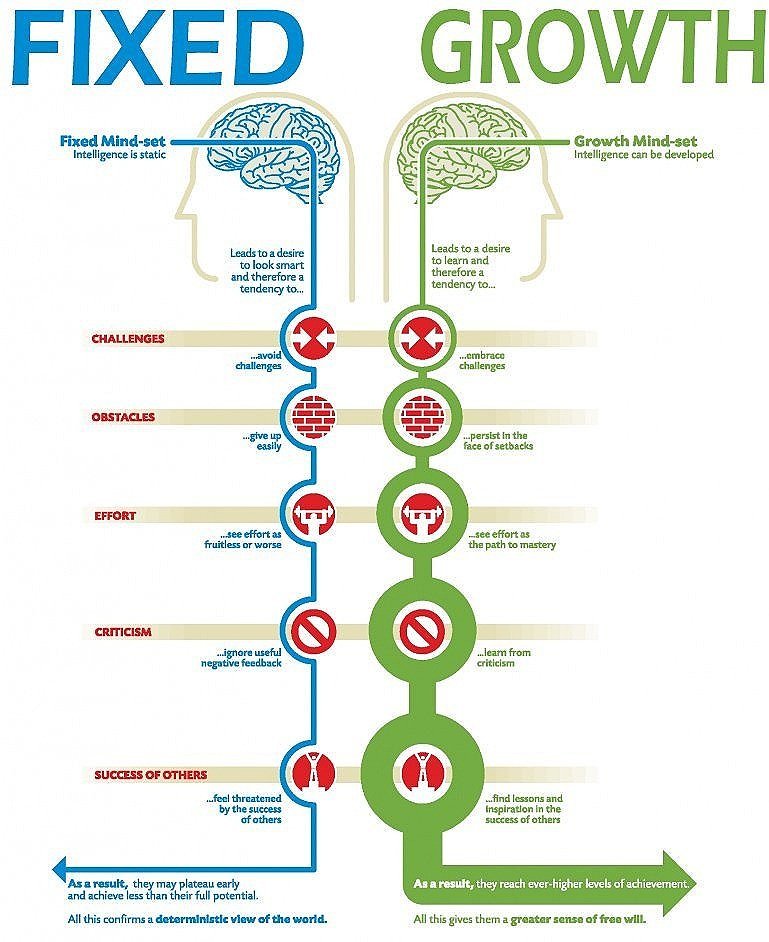Training Opportunities
Cape Cod Consortium
Undergraduate and Graduate Training
This program is an excellent opportunity for Bachelor’s or Master’s level trainees to gain hands-on exposure to the multifaceted world of psychology. Through individualized training goals, students experience the full spectrum of services offered by our office—ranging from one-on-one therapy sessions and behavior coaching to group therapy facilitation and neuropsychological evaluations. We also encourage incorporating personal interests (such as art therapy) into evidence-based practices, enabling students to broaden their skills while remaining true to their professional aspirations.
Core Competency Areas
Therapeutic Techniques
Explore and apply various therapeutic approaches tailored to individual client needs.
Assessment and Evaluation
Learn to conduct psychological assessments and evaluations that guide effective treatment plans.
Client Interaction
Develop essential communication and rapport-building skills in a clinical context.
Crisis Intervention
Gain strategies for immediate response, intervention, and follow-up in emergent situations.
Group Therapy Dynamics
Understand the principles of group therapy, including facilitation and managing group discussions.
Cultural Competence
Foster an inclusive environment by understanding diverse backgrounds and perspectives.
Ethics and Professionalism
Acquire knowledge of the ethical standards and professional practices governing the field of psychology.
Research and Evidence-Based Practice
Engage in research activities and apply data-driven methods to inform clinical decision-making.
Training Environment
Clinical training takes place across Two settings: mental health services at Cape Cod Community College and Cape Cod Psychology, as well as through community collaborative care. Trainees will encounter a diverse range of clinical issues, including anxiety-related disorders, panic disorder, mood disorders, autism, and developmental disabilities, dementia related disorders, allowing them to develop a comprehensive skill set.
Purpose and Practical Application
Designed to integrate classroom theories with real-world practice, this program equips graduate students with the tools to support individuals facing behavioral, cognitive, and emotional challenges. From crisis management to creating effective follow-up plans and referrals, trainees will refine their interventions through direct, supervised experience. Students also gain in-depth knowledge of assessment instruments—covering administration, scoring, and interpretation—to ensure the highest standard of evidence-based care.
Crisis Assessment and Follow-Up
Proficiency in crisis assessment is crucial for delivering effective emergency response. Trainees learn to recognize warning signs, execute immediate intervention techniques, and develop follow-up strategies that suit clients’ individual circumstances. Familiarity with referral processes and community partner resources is equally emphasized, ensuring a thorough, continuum-of-care approach.
Assessment Instrument Proficiency
Students are trained in the appropriate selection and use of standardized tests. Mastery of scoring and interpretation equips future clinicians to make informed decisions about their clients’ mental health needs, reinforcing the foundation of evidence-based practice.
Student Responsibilities
Face-to-Face Contact:
Dedicate 25% to 60% of total hours to direct client interaction, averaging 8–9 hours of individual psychotherapy weekly. This hands-on experience strengthens clinical judgment and rapport-building skills.Crisis Intervention and Evaluations:
Shadow senior staff initially before transitioning to co-clinician roles. Under supervision, trainees progressively take the lead in high-pressure situations, developing confidence and competence in crisis management.Advisor and Consultation:
Implement at least two psycho-educational outreach programs and participate in thematic groups if resources permit. This involvement broadens community mental health awareness and collaboration skills.Case Management:
Maintain an individual caseload while balancing administrative responsibilities, such as client reports, case notes, and session planning. Proper organization ensures effective service delivery without overwhelming the student or the client flow.
Trainees in the Cape Cod Consortium will leave with a robust understanding of diverse clinical modalities, practical intervention techniques, and a heightened awareness of ethical and cultural considerations. This well-rounded approach prepares emerging professionals to become compassionate, competent, and forward-thinking contributors to the field of psychology.
Application Process
Prospective trainees should submit a cover letter, current CV or résumé, and three letters of recommendation by the stated deadline. Applicants should have at least basic assessment administration skills and be able to commit to required onsite times (typically Tuesdays, Wednesdays, and Thursdays). Preference is given to those with a Master’s degree. Once all materials are received, qualified candidates will be invited for an interview to discuss their clinical interests, experience, and fit within the program.
Any questions regarding the application or selection process can be directed to the training director: Dr. Mary Grabowski Psy.D. DrGrabowski@CapeCodPsychology.com or Dr. Maura Weir, Psy.D. MWeir@CapeCod.edu
Cape Cod Community College Student Wellness Center
Located in Barnstable, 4Cs Empowers students to thrive. Together, we explore and grow in all aspects of the wellness wheel including emotional, environmental, financial, intellectual, occupational, physical, social, and spiritual.

